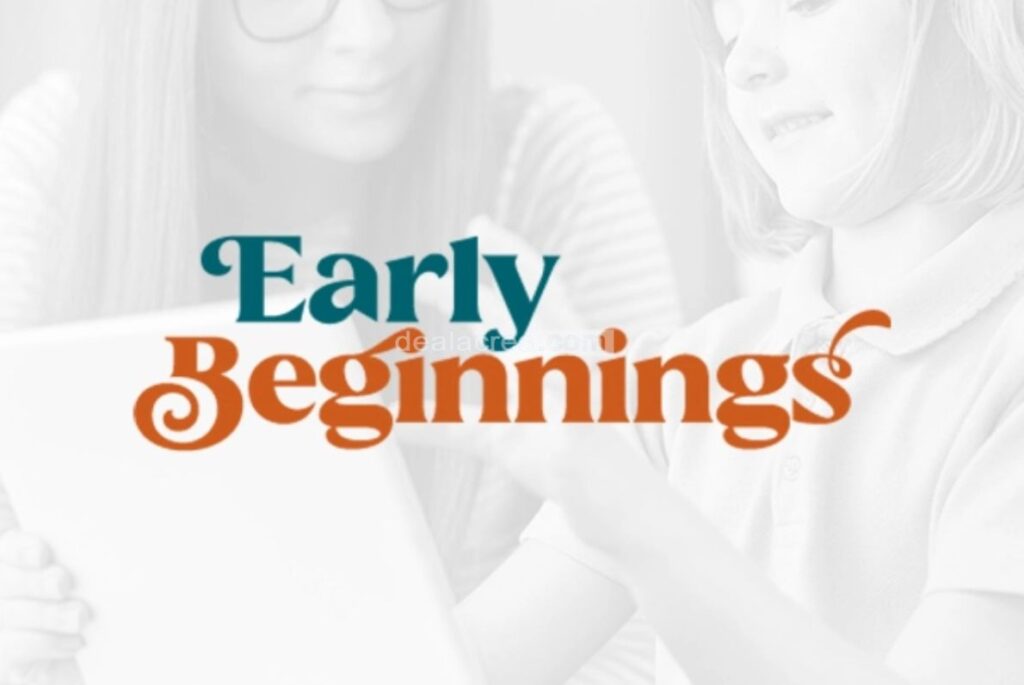Introduction:
In the world of jobs and careers, the way people get help with their work life has changed a lot. Career coaching, which is like getting advice on your job and career, has also changed a bunch. Let’s take a look at how career coaching businesses have grown and changed to help people better.
At first, career coaching was mainly about figuring out what jobs matched someone’s skills. But as time went on, it became more about understanding the whole person – their skills, but also what they value and what they want in their job.
As we moved into the 1970s and 1980s, career coaching turned into something called career counseling. This meant looking at the person as a whole and figuring out how their skills and interests match up with what they want to do in life.
In the 1990s and 2000s, with more people starting their own businesses and doing different kinds of jobs, career coaching started to specialize. It wasn’t just about finding any job; it was about finding the right kind of job for each person’s unique journey.
Then, when the internet became a big part of our lives, career coaching went online. This made it easier for people to get advice no matter where they lived. Online sessions, webinars, and digital tools became common ways to get career guidance.
Nowadays, career coaching is about more than just finding a job. It’s about developing skills like communication and understanding how to present yourself. With the help of technology like artificial intelligence, career coaches can use data to give personalized advice. They also focus on making sure people are happy and balanced in their work and personal lives.
Looking forward, career coaching seems like it will keep changing and adapting. With new technology, a focus on well-being, and making sure everyone gets the help they need, career coaching businesses will continue to be important in the world of work.

Early Beginnings:
Career coaching has its roots in the mid-20th century when the concept of career development gained prominence. Initially, career guidance was more about matching individuals with suitable occupations. The focus was on assessing skills and aptitudes to guide career choices. As the workforce landscape shifted, so did the role of career coaching.
Transition to Career Counseling:
By the 1970s and 1980s, career coaching began to transition into a more comprehensive practice known as career counseling. This shift involved considering not just skills but also personal values, interests, and goals. Career counselors delved into understanding the individual holistically, recognizing the importance of aligning personal fulfillment with professional pursuits.
Rise of Entrepreneurship and Specialization:
In the 1990s and early 2000s, a surge in entrepreneurship and the rise of the internet led to a diversification of career paths. Career coaching businesses adapted by offering specialized services to cater to this changing landscape. Entrepreneurs, freelancers, and individuals pursuing non-traditional careers sought guidance tailored to their unique journeys.
Digital Era and Online Coaching:
As the internet became an integral part of daily life, career coaching businesses embraced online platforms. This shift allowed for greater accessibility, breaking down geographical barriers. Online coaching sessions, webinars, and digital resources became commonplace, providing individuals with flexible options for career guidance.
Focus on Soft Skills and Personal Branding:
In the 21st century, the importance of soft skills and personal branding gained prominence in the professional world. Career coaching businesses adapted by placing a stronger emphasis on developing interpersonal skills, emotional intelligence, and helping clients build a compelling personal brand. The goal shifted from simply finding a job to crafting a fulfilling and impactful career.
Integration of Technology and AI:
The integration of technology, including artificial intelligence (AI), marked another phase in the evolution of career coaching. AI tools began assisting career coaches in analyzing vast amounts of data to provide personalized insights. Virtual reality (VR) and gamification also found their way into career coaching, creating immersive and engaging experiences for clients.

Holistic Approach and Well-Being:
In recent years, career coaching businesses have adopted a more holistic approach, recognizing the interconnectedness of work and well-being. The focus expanded to include topics such as work-life balance, mental health, and overall life satisfaction. Career coaches increasingly became advocates for creating fulfilling lives both inside and outside of work.
Specialized Niches and Industry-Specific Coaching:
The modern era of career coaching sees a rise in specialized niches and industry-specific coaching. From technology and healthcare to creative industries, career coaches with expertise in specific fields offer tailored guidance. This specialization allows for a deeper understanding of industry nuances and facilitates more targeted career strategies.
Inclusive and Diverse Practices:
Nowadays, career coaching is all about making sure everyone feels included. Businesses have realized that people from different backgrounds face unique challenges, and they’re doing something about it. Career coaches are actively working to create an environment that welcomes everyone, no matter who they are. They’re promoting diversity, fairness, and inclusion to ensure that everyone has the chance to succeed in their careers.
Career coaches understand that people have different experiences and face various obstacles on their career paths. They’re not just giving advice; they’re making sure their guidance works for everyone. This means considering the individual strengths and challenges each person brings to the table.
The goal is to create workplaces and career paths where everyone feels valued and has an equal opportunity to thrive. Career coaches are like guides, making sure that everyone’s unique journey is acknowledged and supported. They’re encouraging fairness and making sure that no one is left behind.
By promoting diversity, equity, and inclusion, career coaches are helping to build a world where everyone can flourish in their careers. It’s not just about finding a job; it’s about creating a work environment where everyone feels they belong and can reach their full potential. So, if you ever think about getting career advice, know that career coaches are there to help everyone, no matter where they come from or who they are.

The Future of Career Coaching:
Looking ahead, the future of career coaching appears dynamic and adaptive. With ongoing advancements in technology, a continued emphasis on well-being, and a commitment to inclusivity, career coaching businesses are poised to play a crucial role in navigating the complexities of the evolving workforce.
Conclusion:
The history and evolution of career coaching businesses reflect a dynamic response to the changing needs of individuals in the professional realm. From humble beginnings focused on matching skills to occupations, career coaching has transformed into a multifaceted practice that considers the whole person. As we move forward, the commitment to guiding individuals toward fulfilling and purposeful careers remains at the heart of career coaching businesses, ensuring they continue to be valuable partners in the ever-evolving world of work.




